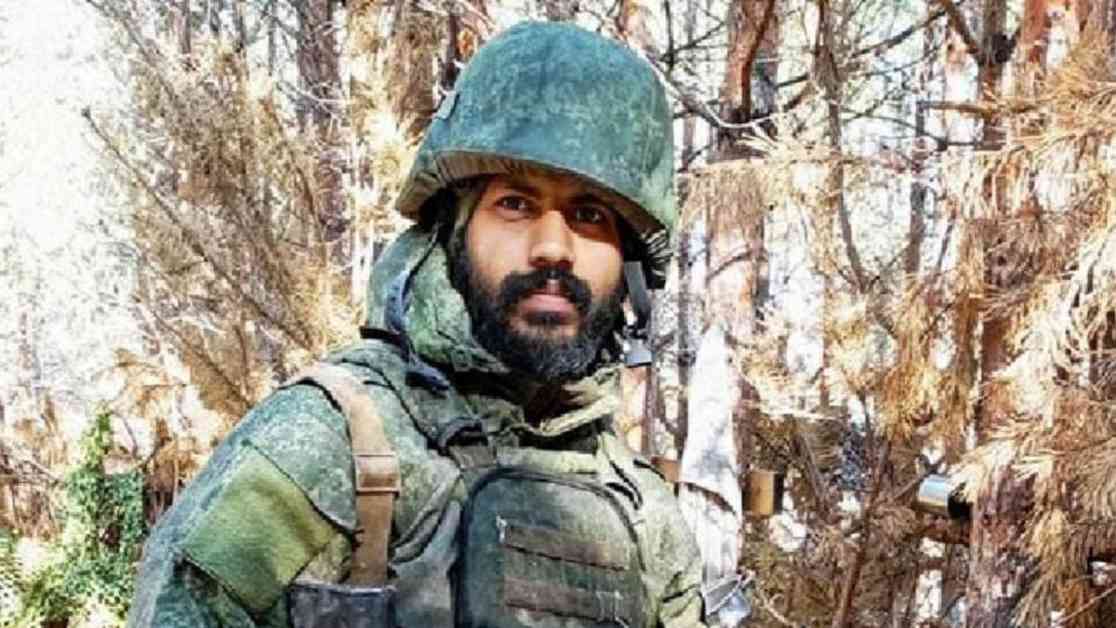Indian National Killed in Ukraine while Serving in Russian Army
An Indian national from Kerala tragically lost his life while serving in the Russian army in Ukraine. The Ministry of External Affairs in India confirmed this devastating news, highlighting the dangers faced by foreign civilians recruited into combat roles by Russia.
Details of the Incident
The victim, Binil Babu, aged 32, was killed in a drone attack, with another Indian national from the same state sustaining severe injuries in the same incident. The injured individual is currently undergoing treatment in a Moscow hospital, with the Indian embassy in Moscow providing support to both families during this difficult time.
India’s Response and Ongoing Efforts
India’s Ministry of External Affairs has taken a strong stance on the matter, demanding the early release of all Indians recruited by the Russian army. Efforts are underway to repatriate Babu’s remains to India and secure the discharge of the injured individual as soon as possible.
Global Recruitment Tactics and India’s Stance
Russia’s recruitment drive for foreign civilians, including those from economically challenged nations like Nepal and Central Asian countries, raises concerns about deceptive practices. India, a key ally of Russia, has refrained from openly condemning the Russian invasion of Ukraine but has actively pursued the safe return of its citizens from Russian military service.
As the international community grapples with the complexities of the conflict in Ukraine, the tragic loss of an Indian national underscores the human toll of global power struggles. It serves as a stark reminder of the risks faced by individuals lured into combat roles under false pretenses.
In this challenging time, it is crucial for governments to prioritize the safety and well-being of their citizens abroad and to address the underlying issues that enable such recruitment tactics to flourish. The case of Binil Babu highlights the urgent need for greater oversight and accountability in global recruitment practices to prevent further loss of life and ensure the protection of vulnerable individuals caught in the crossfire of geopolitical conflicts.

















